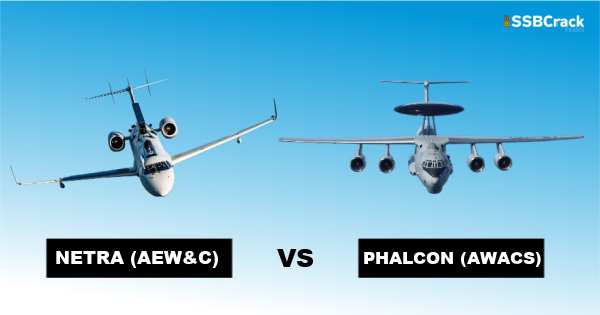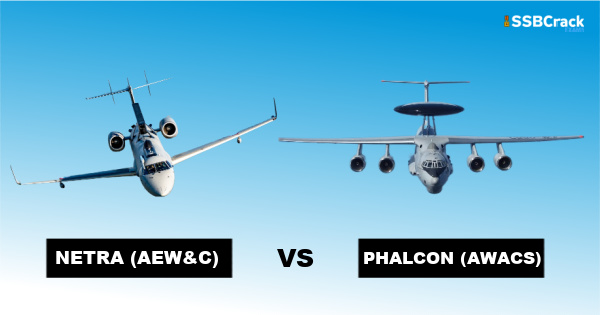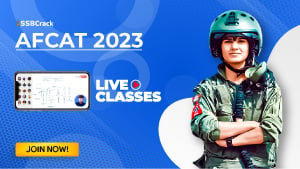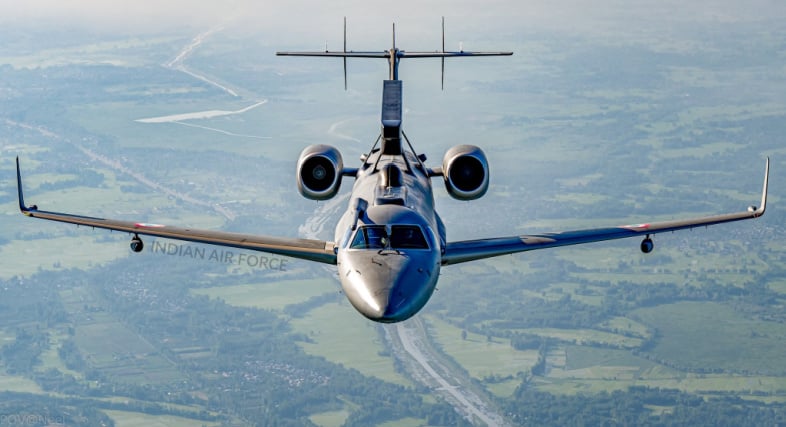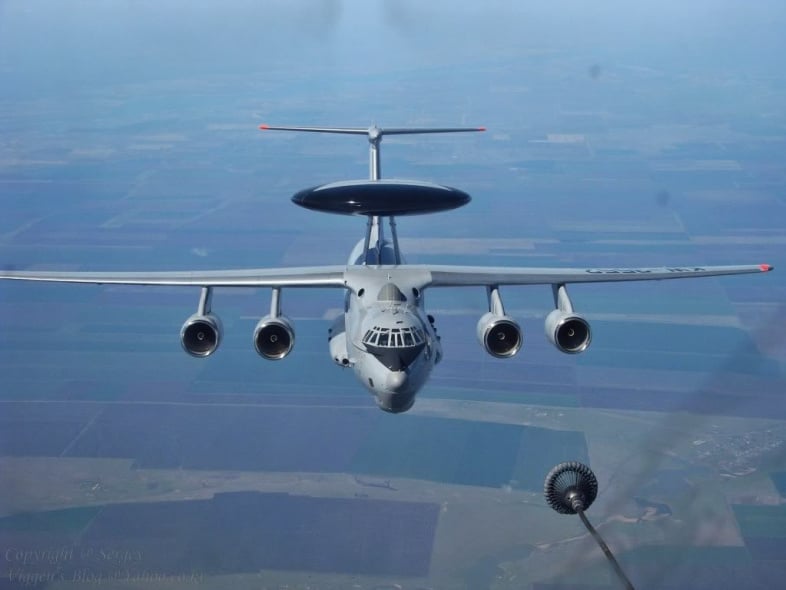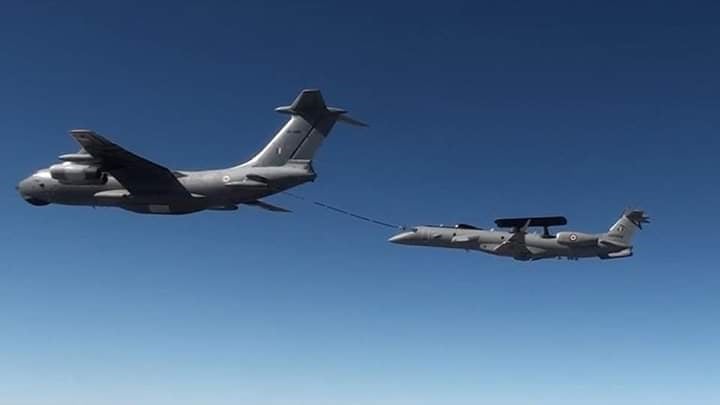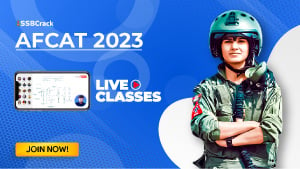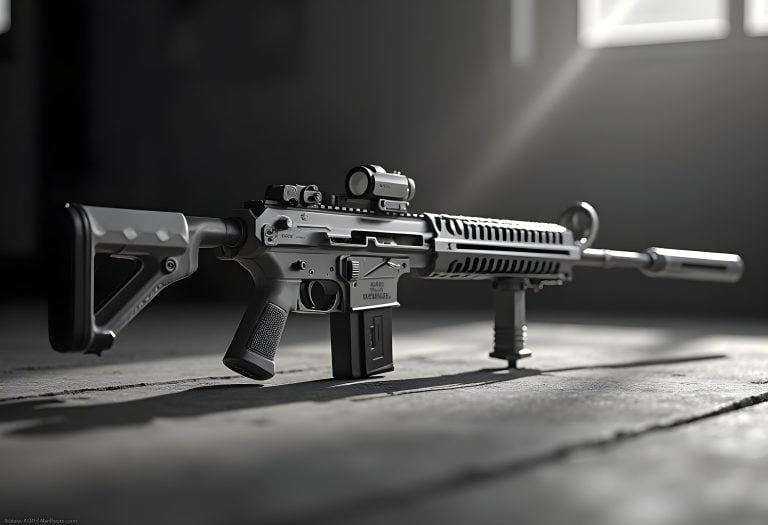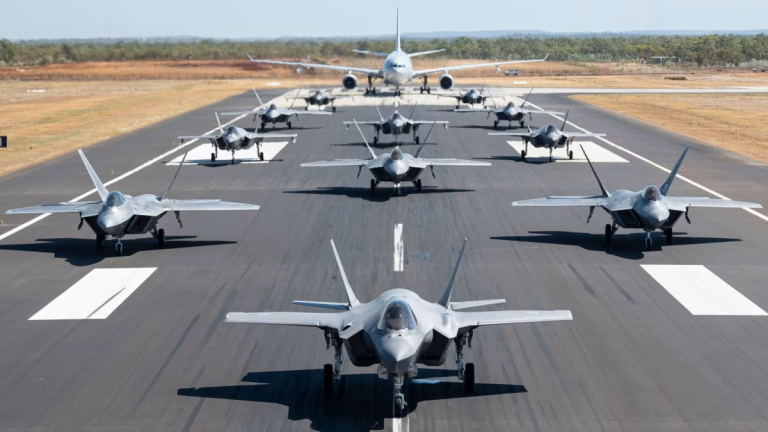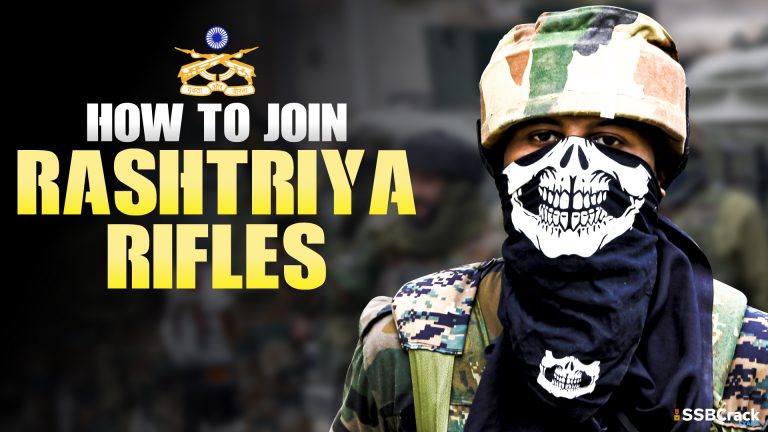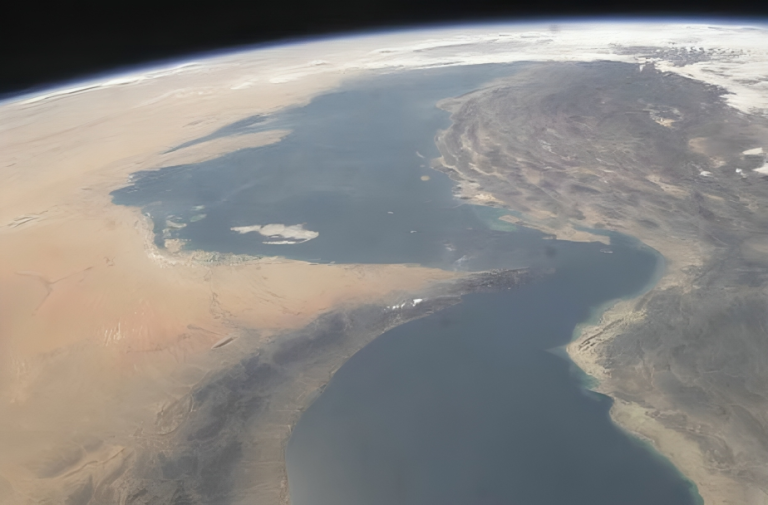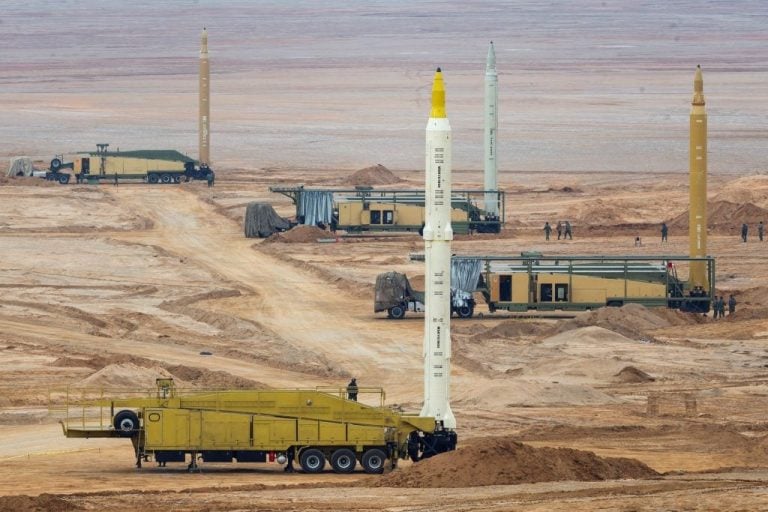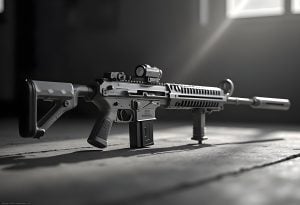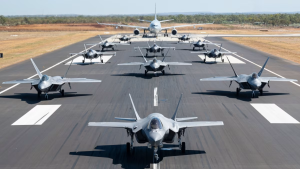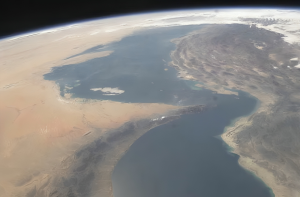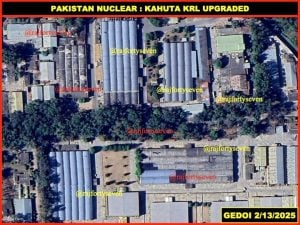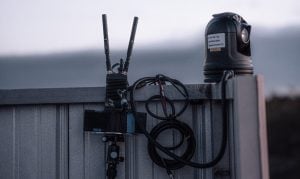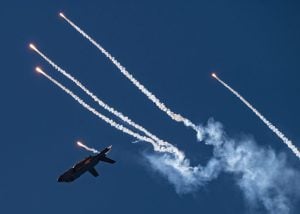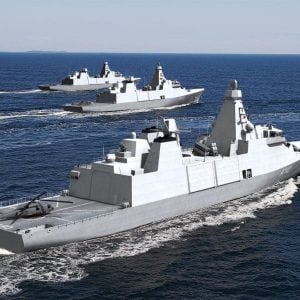Before we find out the difference between AWACS and AEW&CS, let us know about them. An aerial radar system called an Airborne Early Warning and Control (AEW&C) is used to detect oncoming projectiles, ships, vehicles, and aircraft at a long distance.
By coordinating the attacks of fighter aircraft, it must also carry out command and control activities of the warzone during air combat.
During the aerial conflicts between India and Pakistan in February 2019, which saw India use the A-50I Phalcon and DRDO Netra and Pakistan use the Saab 2000, it is the first documented aerial engagement in which both opposing forces used Airborne Early Warning and Control aircraft.
General Overview
The AEW&C units are equipped to monitor both air and ground targets. Similar to ground-based radar, the onboard radars are capable of tracking and detecting aircraft at a vast distance when flying at a high altitude. Additionally, it has the ability to tell friendly from hostile targets. It can be spotted by the enemy just as ground-based radars, however AEW&C aircrafts are less susceptible to counterattacks because of their mobility.
Both offensive and defensive missions use AEW&C aircraft. Along with being a highly mobile and potent radar platform, it serves as a combat information centre for air units trained by NATO and the US. Through the creation of the Chain Home, a ground-based early warning radar that could be mounted on an aircraft, the AEW&C was initially developed in the 1930s. It was used to shield long-range German bombers and fighter ships from the British Isles’ North West approaches during World War II.
The following are the different types of airborne early warning and control systems:
1. Airborne Warning and Control System (AWACS): Boeing manufactures a particular system with a rotating radome known as a “rotodome” that includes radar from Westinghouse, which is now Northrop Grumman. The Boeing E-3 Sentry (Boeing 707) or, more recently, the Boeing E-767 (Boeing 767), which is solely flown by the Japan Air Self-Defense Force, are both equipped with it.
Being the first AEW to use a pulse-Doppler radar, AWACS represented a significant advancement in capability when it first entered service. This allowed it to track targets that would otherwise be lost in ground clutter.
2 . E-2 Hawkeye: An AEW aircraft with a unique design was the E-2 Hawkeye. When it first entered service in 1965, it had a number of technical problems that led to a cancellation that was later reversed.
Following measures to increase reliability, such as the replacement of the original rotary drum computer used to process radar data with a Litton L-304 digital computer, procurement has since begun.
The new AN/APY-9 radar is a feature of the most recent E-2 variant, the E-2D Advanced Hawkeye. Fighter-sized stealth aircraft, which are often tuned to high frequencies like Ka, Ku, X, C, and portions of the S-bands, may be detectable by the APY-9 radar. UHF radars have always had resolution and detection difficulties that rendered them useless for precise targeting and fire control;
3 . Beriev A-50: Approximately 15 to 20 Beriev A-50 and A-50U “Shmel” aircraft are currently being used by the Russian Air Force in the AEW role. The “Mainstay” has a huge non-rotating disc radome on the back fuselage and is based on the Ilyushin Il-76 airframe. These took the place of the 12 Tupolev Tu-126 that had served in that capacity.
AWACS in the IAF
A study of the specifications for creating an airborne early warning and control system was started in 2003 by the Indian Air Force and the Defence Research and Development Organization (DRDO). Three AWACs, dubbed Netra, were given by DRDO to the IAF in 2015, each equipped with an advanced Indian AESA radar system that was mounted on a Brazilian Embraer EMB-145 airframe. Netra provides a 240-degree airspace coverage.
For extended monitoring periods, the Emb-145 also possesses air-to-air refuelling capability. The IAF also uses three Israeli EL/W-2090 systems, the first of which was delivered on May 25, 2009, and placed aboard Ilyushin Il-76 aircraft. Based on the Airbus A330 airframe, the DRDO suggested a more sophisticated AWACS with a greater range and 360-degree coverage similar to the Phalcon system.
What distinguishes AWACS from AEW&C?
Although AWACS (Airborne Warning and Control System) refers to a specific system installed in the E-3 and Japanese Boeing E-767 AEW&C airframes, it is also used as a generalised synonym for AEW&C.
Both AWACS and AEW&C are aircraft radars that are used to cover enemy territory.
However, AWACS technology is more sophisticated than AEW&C technology. For instance, AEW&C, which India independently created, has a 270° rotation capability, whereas AWACS, which India currently imports from Israel, does not. Phalcon is its name, and it can rotate 360 degrees. AWACS certainly has a wider coverage area in this manner. Additionally, it is said that AWACS is more durable and long-lasting than AEW&C.
If you liked the article do share it with your friends. If you are preparing for defence exams and SSB Interview, SSBCrackExams is providing a number of courses and study material. Join today and boost up your preparation.
To join the Indian Air Force and crack the AFSB Interview, You can join our AFSB interview live classes batch and we recommend you to Enroll AFSB INTERVIEW ONLINE COURSE. Trusted by thousands of defence aspirants.


